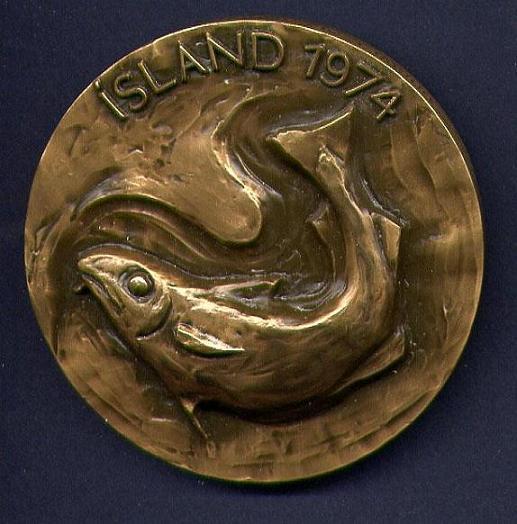Sub Secrets revealed: Other side of the Coin, other side of the world
Background
Our Mystery Question of the Year (2009) for Submariners was: Exactly how does a navy [Australia's RAN] that cannot currently crew its fleet of 6 Collins class subs propose to crew twice as many new subs?
The first Answer: By providing targeted incentives for submariners that include training, adjusting crew numbers and formations, conditions of service, seatime and other initiatives, Defence will ensure that the current shortfalls are addressed, and that a robust submarine workforce is built for the future. - (attributed anonymously to the navy by Defence Professionals GmbH).
Which, frankly sounded like total B.S. and caused a former U.S, Submariner to give a much more credible answer that was soon officially acknowledged by the RAN:
At 06 May, 2009 20:58, SonarMan said...
I was just down in Perth training there submariners, and they want to know the same thing. They already pay their submariners an extraordinary sum - about $100K USD. They can't keep them in because of their mining/resource boom. Your basic tool humper makes $120K AUD, and if you're an ROV operator, it's close to $200K or more. Oh, and no previous experience necessary. If you have some basic technical skills, such as the kind you gain on sub duty, you're hired. The CoA has their work cut out for them.Update
In addition to the extraordinary pay available in mining careers (competetive with what U.S. 'nukes' earn as civilians), a rather revealing study has been recently declassified (published).
September 25, 2013 - Secret Defence report signals Collins subs crisis
A CONFIDENTIAL report has identified 68 critical problems on the navy's Collins-class submarines that it warns pose a high to extreme risk of forcing their retirement before new submarines can be built.
(The report had been submitted to the previous Australian government at the end of last year.)
"Mr Smith [former defence minister Stephen Smith had not mentioned] that the report also detailed 68 major systems on each submarine that the DMO said posed a very high to extreme risk to the submarines ever achieving their initial life expectancy or a life extension of seven years. The study said that unless urgent action was taken to tackle each of those 68 problematic platform and mission systems, then a life extension of the submarines would be "unachievable".
The Other Side of the Coin
The study also warned that the submarines' cooling systems are overloaded, making the vessels too hot for the crew and machinery.
M.E. does not know about you, but submarines require more than adequate sacrifices of their sailors without subjecting them to overloaded cooling systems. Mining then appears not only a more lucrative alternative for some RAN submariners, but one which offers a considerably more comfortable working environment, as well.
Submarines are always silent and strange.
The study said that unless urgent action was taken to tackle each of those 68 problematic platform and mission systems, then a life extension of the submarines would be "unachievable".
- See more at: http://www.theaustralian.com.au/national-affairs/policy/secret-defence-report-signals-collins-subs-crisis/story-e6frg8yo-1226726526665#sthash.cok6g5o8.dpuf
The study said that unless urgent action was taken to tackle each of those 68 problematic platform and mission systems, then a life extension of the submarines would be "unachievable".
- See more at: http://www.theaustralian.com.au/national-affairs/policy/secret-defence-report-signals-collins-subs-crisis/story-e6frg8yo-1226726526665#sthash.cok6g5o8.dpufMr Smith did not mention that the report also detailed 68 major systems on each submarine that the DMO said posed a very high to extreme risk to the submarines ever achieving their initial life expectancy or a life extension of seven years.The study said that unless urgent action was taken to tackle each of those 68 problematic platform and mission systems, then a life extension of the submarines would be "unachievable".
Labels: Collins sub crisis, cooling systems, declassified, deficiencies, overloaded, RAN




